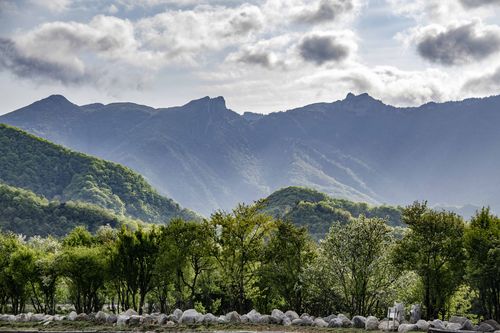Exploring the Diverse and Rich Angola Culture: A Journey Through Food, Music, and Dance
Angola, a Southern African country, boasts a rich and diverse culture that is influenced by various ethnic groups and societies. From the traditional music and dance to the exotic food, Angola’s culture is a reflection of its colorful history.
Introduction
Angola’s rich culture is a testament to the country’s history and its people’s resilience. Despite centuries of colonization and civil war, Angola’s diverse cultural assets remain intact. This article will take you on a journey through Angola’s culture, exploring the country’s music, dance, and food.
Music
Angola’s music is unique, and it’s a blend of African rhythms and Portuguese fado. The semba, for instance, is a traditional music style that originated in Angola’s capital, Luanda. It’s characterized by upbeat rhythms, call-and-response vocals, and fast-paced dance steps. Kizomba, another popular music genre, is known for its sensual dance styles and smooth sounds. The music resonates with the Angolan people and is an essential aspect of Angola’s culture.
Dance
Just like the music, Angola’s dance is a combination of African and Portuguese influences. The Kizomba dance style, for instance, is known for its sensual nature and graceful movements. In contrast, the Kuduro dance style is more energetic, characterized by fast-paced moves and electro beats. Angola’s dance styles are a reflection of the country’s vibrant and diverse culture.
Food
Angolan cuisine is diverse and exotic, with an influence from Portuguese, African, and Brazilian flavors. One of the most popular dishes is Muamba de Galinha, a spicy chicken stew made with peanut butter and palm oil. Another traditional delicacy is Funge de Bombo, a cornmeal porridge served with fish or meat. Angolan cuisine is a reflection of its people’s history and traditional customs.
Conclusion
Angola’s culture is a rich and diverse blend of African and Portuguese influences. From the traditional music and dance to the exotic food, Angola’s cultural assets remain intact despite the country’s tumultuous past. Exploring Angola’s culture is a journey worth taking, one that will leave you with a newfound appreciation of the country and its people.
(Note: Do you have knowledge or insights to share? Unlock new opportunities and expand your reach by joining our authors team. Click Registration to join us and share your expertise with our readers.)
Speech tips:
Please note that any statements involving politics will not be approved.
